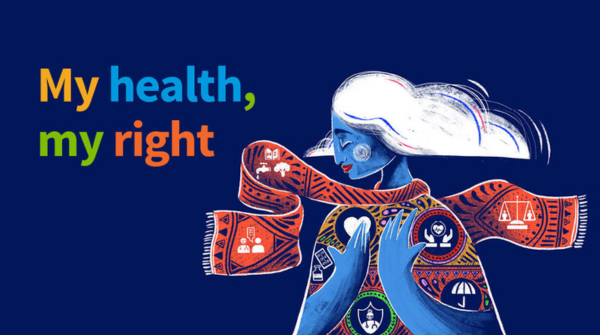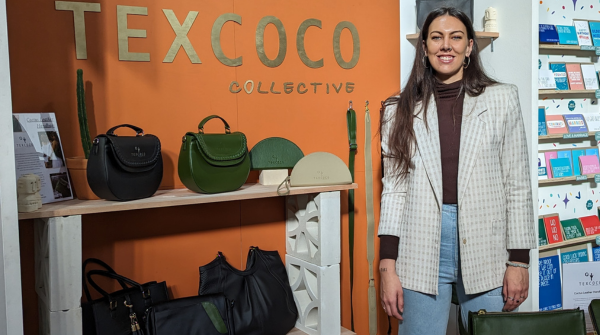Greenwashing in the Fashion Industry: What it is and How to Avoid It When Buying from a Brand

As consumers, we have become increasingly aware of the impact that our choices have on the environment. As a result, many fashion brands have been quick to jump on the bandwagon of sustainable and ethical fashion, using buzzwords like "eco-friendly" and "green" in their marketing materials to appeal to consumers who are looking to make a positive impact with their purchasing decisions. However, not all of these claims are true, and many brands engage in a practice known as greenwashing. In this article, we will explore what greenwashing is and how to avoid it when buying from a fashion brand.
What is Greenwashing in the Fashion Industry?
Greenwashing is the act of making exaggerated or false claims about a product's environmental or ethical credentials. This can take many forms, from simply using eco-friendly buzzwords without backing them up with any real evidence, to using misleading imagery or language to suggest that a product is more sustainable or ethical than it actually is. Greenwashing is a particularly prevalent issue in the fashion industry, where brands are under increasing pressure to respond to consumer demand for more sustainable and ethical products.
One of the most common forms of greenwashing in the fashion industry is the use of unsustainable materials that are marketed as eco-friendly. For example, a brand might use bamboo or organic cotton in their products, but fail to disclose the significant amount of water and resources required to produce these materials. Similarly, a brand might claim that their products are made in a fair and ethical way, but provide no evidence to back up this claim, or use language that is deliberately vague or misleading.
It’s easy to see why marketers are enthusiastic: According to GreenPrint’s 2021 Business of Sustainability Index, 64% of Gen X consumers would spend more on a product if it comes from a sustainable brand, and that figure jumps to 75% among millennials.
How to Avoid Greenwashing When Buying from a Brand
So, how can you avoid falling victim to greenwashing when you're looking to buy sustainable and ethical fashion? Here are some key tips to keep in mind:
-
Do your research: Before you make a purchase, take the time to research the brand and its products. Look for third-party certifications or awards that indicate the brand's commitment to sustainability and ethical practices.
-
Look beyond the marketing: Don't be swayed by a brand's use of eco-friendly buzzwords or images. Instead, look for concrete evidence that the brand is taking meaningful steps to reduce its impact on the environment and ensure ethical production practices.
-
Consider the whole picture: When evaluating a brand's sustainability and ethical credentials, consider the entire product lifecycle, from raw materials to production to disposal. Look for brands that are transparent about their processes and are actively working to reduce their impact at every stage.
-
Shop secondhand: One of the most sustainable and ethical choices you can make when it comes to fashion is to shop secondhand. By buying pre-loved items, you're reducing the demand for new products and extending the life of existing items.
-
Support sustainable and ethical brands: Finally, seek out and support brands that are genuinely committed to sustainability and ethical practices. Look for brands that are transparent about their processes and are actively working to reduce their impact on the environment and ensure fair and ethical production practices.
Conclusion
Greenwashing in the fashion industry is a serious issue, and it can be challenging to navigate the many claims and marketing tactics used by brands that are looking to capitalize on the growing demand for sustainable and ethical fashion. However, by doing your research, looking beyond the marketing, considering the whole picture, shopping secondhand, and supporting genuinely sustainable and ethical brands, you can make informed and impactful choices that align with your values and help to create a more sustainable future for all.




